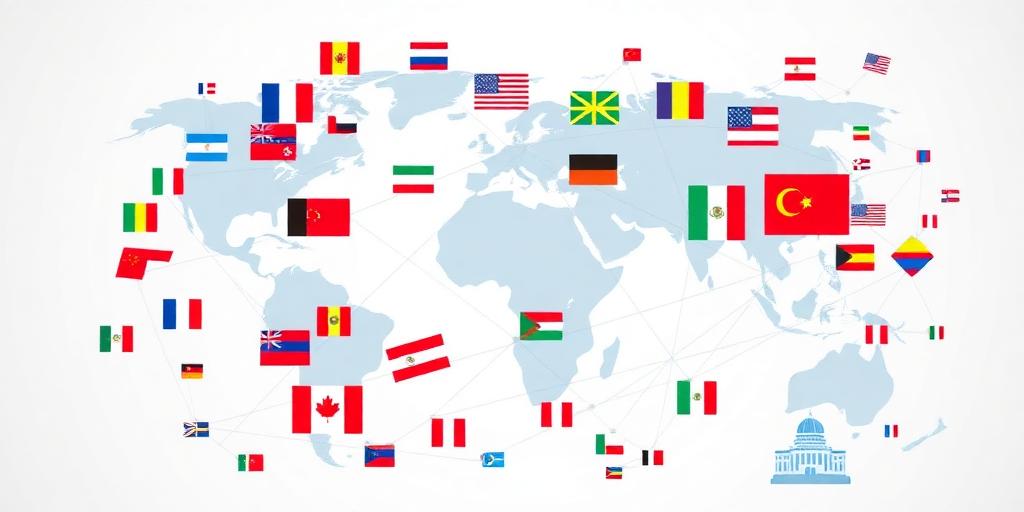Multilateral diplomacy involves coordinated interactions among three or more states to address shared challenges. It's a cornerstone of international relations, fostering cooperation through established norms, laws, and institutions.
International organizations (IOs) are central to this process, serving as platforms where nations converge to tackle issues like security, trade, and environmental sustainability. These organizations vary widely—from the United Nations with its universal membership to specialized agencies like the World Trade Organization.
Key Aspects of Multilateral Diplomacy:
- Forum for Dialogue: IOs provide regular forums for states to articulate interests and negotiate solutions.
- Normative Framework: They establish norms and standards that govern state behavior, promoting stability.
- Operational Capacity: Many IOs have the resources to implement programs, from peacekeeping to development aid.
- Information Hub: IOs collect and disseminate information, enhancing transparency and informed decision-making.
Challenges and Criticisms:
Despite their importance, multilateral diplomacy and IOs face challenges. Decision-making can be slow and cumbersome due to the need for consensus. Power imbalances may allow some states to dominate agendas, and enforcement of international norms remains a persistent issue.
The Future of Multilateralism:
As the world becomes more interconnected, the need for effective multilateral diplomacy grows. Strengthening IOs, adapting to new global challenges, and ensuring inclusivity are vital for a stable and prosperous future.
In conclusion, multilateral diplomacy and international organizations are indispensable tools for navigating global affairs. While challenges persist, their role in promoting cooperation and addressing shared problems remains critical.









